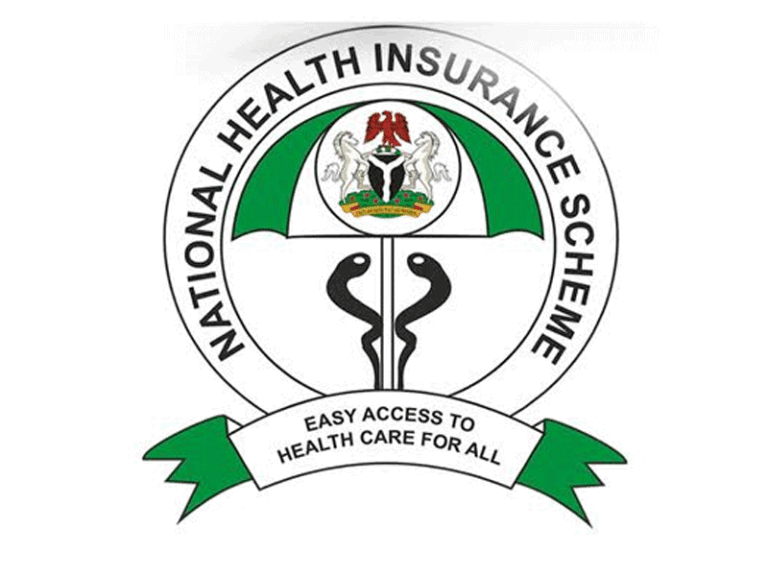
The National Insurance Commission (NAICOM) is a critical institution in Nigeria’s financial ecosystem. Established to regulate and supervise the insurance sector, NAICOM plays a vital role in ensuring the stability, growth, and trustworthiness of the industry. For anyone looking to understand how the Nigerian insurance industry operates, appreciating the role of NAICOM is a fundamental step.
What is NAICOM?
NAICOM stands for the National Insurance Commission, established by the National Insurance Commission Act 1997. It is the apex regulatory body responsible for overseeing the insurance industry in Nigeria. The commission operates under the supervision of the Federal Ministry of Finance and is tasked with creating a conducive environment for the growth and stability of the insurance sector.
Functions of NAICOM
NAICOM’s role transcends mere regulation. It serves as a catalyst for innovation, consumer protection, and industry development. Its core functions include:
1. Regulation and Supervision
NAICOM ensures that insurance companies, brokers, agents, and other operators adhere strictly to the laws and guidelines governing the sector. This involves licensing new players, monitoring existing entities, and enforcing compliance with statutory requirements.
2. Consumer Protection
The commission plays a critical role in safeguarding the interests of policyholders. By ensuring that insurance companies honor claims and operate transparently, NAICOM builds trust and confidence in the industry.
3. Promoting Industry Growth
Through initiatives like the Market Development and Restructuring Initiative (MDRI), NAICOM has actively driven awareness and adoption of insurance in Nigeria. This includes efforts to increase penetration, particularly in underserved and rural areas.
4. Risk-Based Supervision
NAICOM implements risk-based supervision to ensure that insurers are adequately capitalized and financially stable to meet their obligations. This framework helps prevent insolvency and ensures long-term sustainability within the sector.
5. Enforcement of Compulsory Insurance
NAICOM enforces mandatory insurance policies, such as motor vehicle third-party liability insurance, builders’ liability insurance, and employers’ liability insurance, to ensure compliance with Nigerian laws.
6. Capacity Building and Collaboration
The commission organizes training programs and workshops to enhance the professionalism and expertise of industry players. Additionally, it collaborates with international bodies to adopt global best practices.
NAICOM’s Contribution to the Insurance Industry
1. Enhancing Transparency and Accountability
By ensuring that insurance companies publish their financial statements and maintain solvency margins, NAICOM fosters transparency, enabling investors and policyholders to make informed decisions.
2. Expanding Insurance Coverage
NAICOM’s efforts to promote inclusive insurance through microinsurance and takaful insurance products have expanded access for low-income earners and adherents of Islamic finance principles.
3. Strengthening Consumer Trust
NAICOM operates a complaints bureau where policyholders can lodge grievances against insurance companies. This mechanism ensures accountability and resolution of disputes, bolstering trust in the sector.
4. Driving Digital Transformation
Recognizing the importance of technology, NAICOM encourages insurers to adopt digital tools for policy issuance, premium collection, and claims settlement, thereby improving efficiency and customer experience.
Challenges NAICOM Faces
While NAICOM has recorded significant achievements, it operates in a challenging environment. Some of the hurdles include:
- Low Insurance Penetration: Despite its efforts, Nigeria’s insurance penetration remains below 1%, largely due to a lack of awareness and cultural misconceptions about insurance.
- Non-Compliance: Many businesses and individuals still fail to comply with compulsory insurance requirements, posing a challenge to enforcement.
- Economic Instability: Inflation, currency fluctuations, and other economic factors impact the ability of insurance companies to meet their obligations.
- Technological Gaps: Although improving, the industry’s adoption of digital solutions is still lagging compared to global standards.
Future of NAICOM and Nigeria’s Insurance Industry
NAICOM is poised to play an even greater role in the coming years. Key areas of focus include:
- Implementation of the Insurance Bill: When passed, the bill is expected to modernize the regulatory framework and align it with international best practices.
- Boosting Awareness Campaigns: NAICOM will continue to educate Nigerians about the benefits of insurance through initiatives like MDRI.
- Fostering Partnerships: Collaborations with fintech companies and international regulators will accelerate the digitization and modernization of the industry.
- Promoting Sustainable Insurance: As global focus shifts to environmental, social, and governance (ESG) issues, NAICOM will encourage insurers to adopt sustainable practices.
Conclusion
NAICOM’s role in Nigeria’s insurance industry is indispensable. By regulating, supervising, and fostering growth, the commission has significantly contributed to the sector’s stability and development. However, more work remains to be done to address challenges such as low penetration and non-compliance.
As NAICOM continues to innovate and collaborate with industry stakeholders, it is well-positioned to transform Nigeria’s insurance landscape, making it more robust, inclusive, and globally competitive.
For individuals and businesses alike, understanding NAICOM’s work is essential to appreciating the broader dynamics of Nigeria’s insurance industry.











